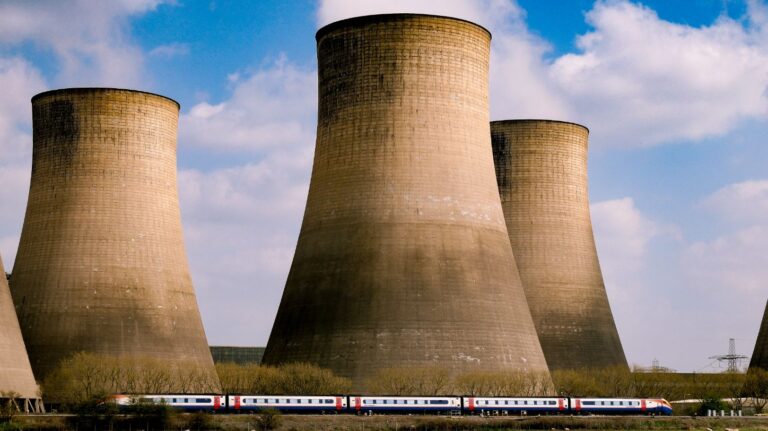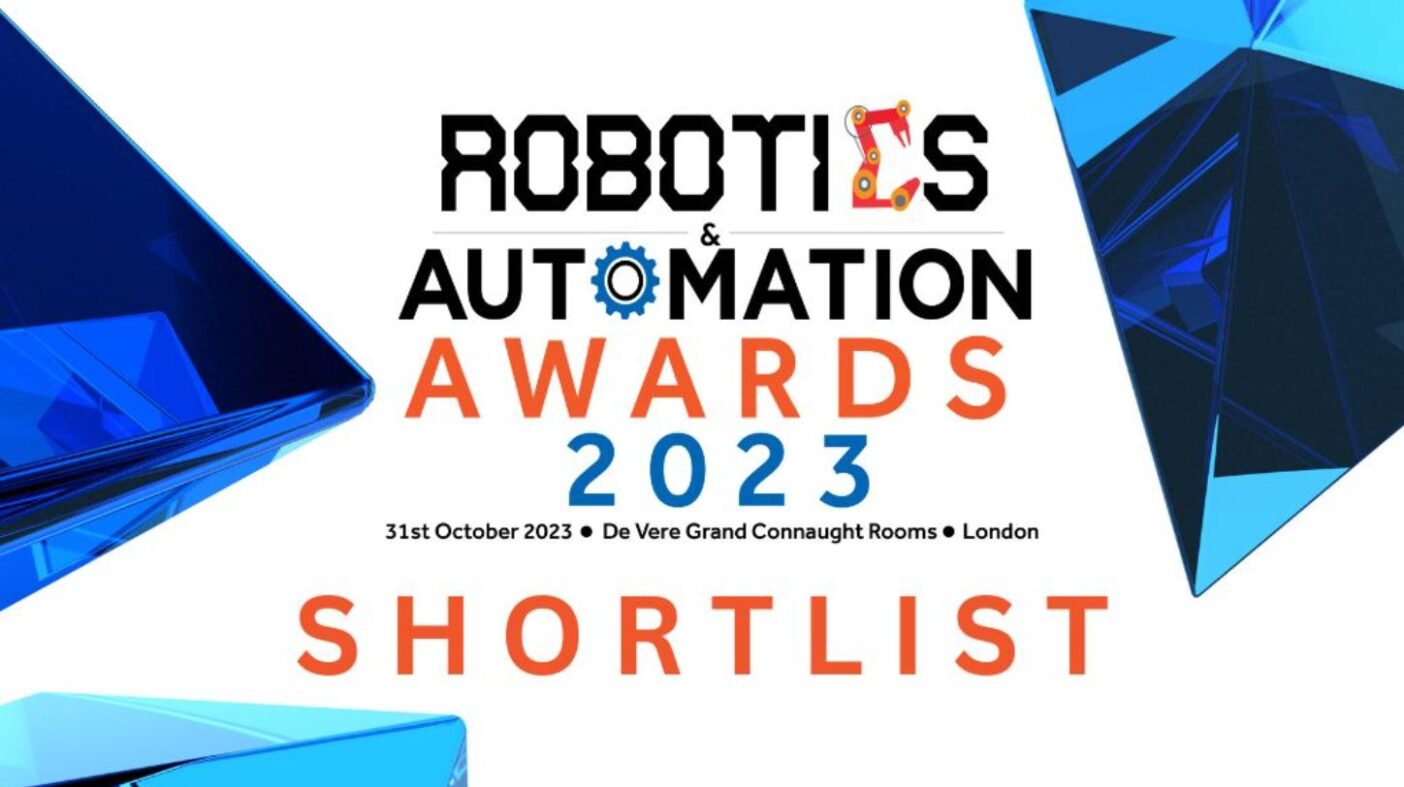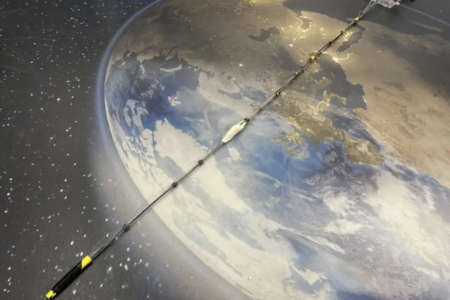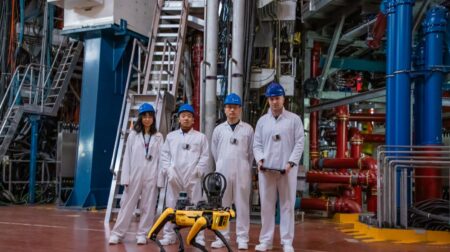The National Physical Laboratory (NPL) and luxury automaker Rolls-Royce SMR have partnered to use automation to safely monitor nuclear Small Modular Reactors (SMRs).
Small nuclear reactors are a type of nuclear power technology designed to be smaller in size and capacity compared to traditional, large-scale nuclear reactors.
They are designed to be manufactured in factories and then transported to their intended locations. This modular design allows for easier construction and reduces the time and cost associated with building nuclear power plants.
Automating analysis and monitoring are needed to help develop SMRs to minimise onsite lab testing, reduce waste, the footprint of the site, as well as capital and operational costs.
Whether or not inductively coupled plasma tandem mass spectrometry can be used for the automated measurement of the constituents in different water chemistries within a Rolls-Royce SMR will be the chief focus of the project. If successful, this will serve as an indicator of reactor operating conditions.
Greg Wilkinson, research and technology manager at Rolls-Royce SMR, said: “Rolls-Royce SMR offers a radically different approach to delivering nuclear power.
“Our design utilises long-established and well-understood pressurised water reactor (PWR) technology, allowing us to focus our research efforts in key areas, including in the development of inductively coupled plasma tandem mass spectrometry with NPL, to supplement and further enhance this technology.
“We look forward to collaborating with NPL’s world-leading nuclear metrology team to achieve our vision of delivering clean, affordable energy for all.”
NPL’s team of nuclear scientists have been working to produce traceable techniques for the detection of stable and radioactive pollutants in nuclear scenarios, such as decommissioning.
The advantages of the mass spectrometric technique have been widely published, according to NPL.
The NPL Rolls Royce SMR project thus offers an opportunity to apply tested techniques to the safe and effective operation of SMRs. It is hoped that the work will enable new energy sources and help achieve net zero greenhouse gas emissions in the UK.
What’s more, the project also contributes to wider ambitions to embed metrology into nuclear energy schemes before they become operational, to support national resilience for nuclear technologies.
The first-ever Robotics & Automation Awards will recognise innovation in the use of automation throughout the nuclear sector through the Innovation in Extreme Environments category. Interested in attending this unmissable event for the robotics and automation sectors?









